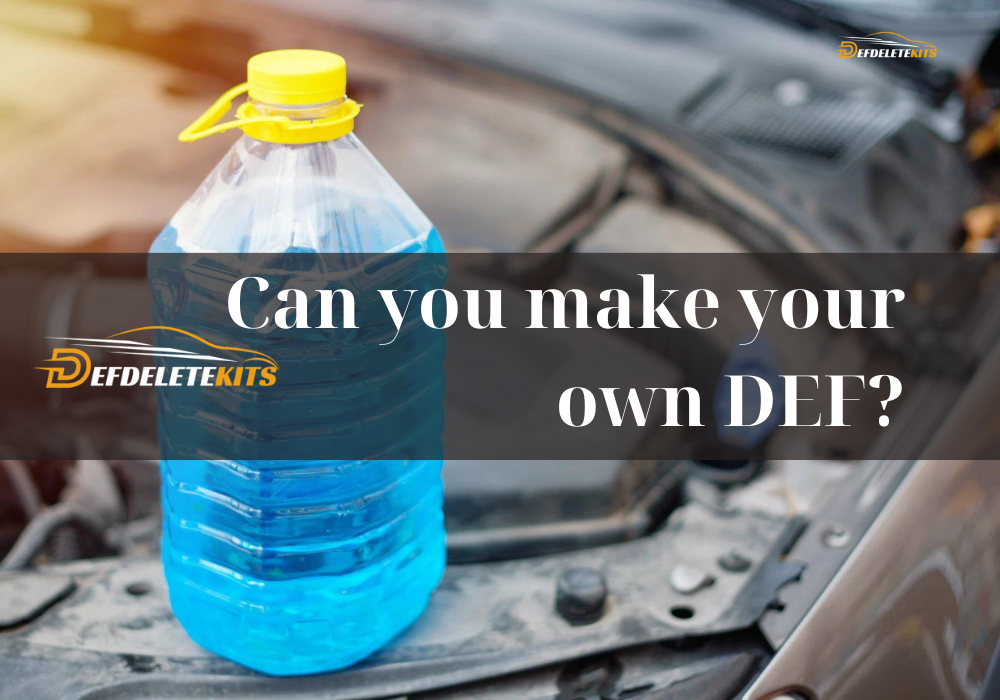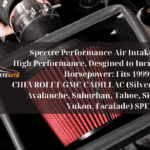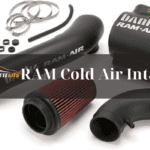Absolutely, it is possible to create your own Diesel Exhaust Fluid (DEF). DEF plays a vital role in minimizing the release of harmful emissions from diesel engines. Having the knowledge of producing DEF at home or on-site can provide economic advantages as well as environmental benefits.

Can you make your own DEF?
Introduction
In the world of diesel engines, one of the key components for reducing harmful emissions is Diesel Exhaust Fluid (DEF). DEF is a solution made from a mixture of urea and deionized water, which is injected into the exhaust stream of diesel vehicles equipped with Selective Catalytic Reduction (SCR) systems. This fluid helps to convert harmful nitrogen oxides (NOx) into harmless nitrogen and water vapor, thereby significantly reducing the environmental impact of diesel engines.
While DEF is readily available at various retail outlets, some individuals may be interested in making their own DEF for a variety of reasons. In this comprehensive guide, we will delve into the art of making your own DEF, exploring the process, the ingredients, and the benefits of producing DEF in-house. So, let’s dive in and uncover the secrets of creating your very own Diesel Exhaust Fluid.
The Process of Making DEF
Step 1: Understanding the Ingredients
Before we embark on the journey of making DEF, it’s essential to familiarize ourselves with the key ingredients involved. DEF is primarily composed of two main components: urea and deionized water.
- Urea: Urea is a naturally occurring compound found in mammals’ urine and other organic materials. It is a white crystalline substance that contains high levels of nitrogen. Urea is the primary ingredient responsible for the reduction of NOx emissions in the SCR system.
- Deionized Water: Deionized water, also known as demineralized water, is water that has had its mineral ions removed through a process called deionization. It is essential to use deionized water in the DEF mixture to prevent impurities and contaminants from affecting the performance of the SCR system.
Step 2: Procuring the Ingredients
Now that we understand the components of DEF, the next step is to procure the necessary ingredients. Urea can be obtained from agricultural supply stores, chemical suppliers, or even online retailers. It is crucial to ensure that the urea purchased is of high quality and meets the standards set for DEF production.
Deionized water can be obtained from various sources, including automotive stores, hardware stores, or even by using a home deionization system. It is essential to use water that has been properly deionized to maintain the integrity of the DEF mixture.
Step 3: Mixing the Ingredients
Once you have obtained the urea and deionized water, it’s time to mix them together to create the DEF solution. The mixing process requires precision and accuracy to ensure the correct concentration of urea in the final product.
To create the DEF mixture, follow these steps:
- Measure the desired amount of deionized water using a graduated cylinder or a measuring cup. It is crucial to measure the water accurately to maintain the correct urea-to-water ratio.
- Pour the measured deionized water into a clean and sterile container. It is recommended to use a container made of high-density polyethylene (HDPE) to prevent contamination.
- Measure the corresponding amount of urea based on the desired concentration. The typical concentration of urea in DEF is 32.5%, but it may vary depending on the specific requirements of your diesel engine.
- Slowly add the measured urea into the container with the deionized water. Stir gently to ensure thorough mixing and dissolution of the urea particles. It is crucial to avoid introducing any impurities during the mixing process.
- Continue stirring until the urea is completely dissolved in the deionized water, resulting in a clear and homogeneous DEF solution.
- Once the DEF solution is ready, transfer it to a suitable storage container, preferably one that is designed for DEF storage. Ensure that the container is tightly sealed to prevent contamination and evaporation.
Step 4: Testing the Quality
After creating your own DEF, it is essential to test its quality to ensure it meets the required standards. Various testing kits are available in the market specifically designed for DEF analysis. These kits typically measure the urea concentration, pH level, and overall quality of the DEF solution. By conducting regular quality tests, you can ensure that your homemade DEF is effective in reducing emissions and maintaining the optimal performance of your diesel engine.
Benefits of Making Your Own DEF
Now that we have explored the process of making DEF, let’s delve into the benefits of producing your own Diesel Exhaust Fluid:
- Cost Savings: Making your own DEF can potentially save you money in the long run. While purchasing DEF from retail outlets can be convenient, it often comes with a higher price tag. By producing your own DEF, you can reduce costs and have a steady supply of DEF readily available.
- Control over Quality: When you make your own DEF, you have complete control over the quality of the ingredients used. You can ensure that only high-quality ingredients are used, resulting in a DEF solution that meets the required standards for optimal performance and emission reduction.
- Flexibility and Convenience: Producing your own DEF gives you the flexibility to make it whenever you need it. You no longer have to rely on external suppliers or worry about running out of DEF at critical times. This convenience allows you to maintain a consistent supply of DEF for your diesel engine.
- Environmental Sustainability: By making your own DEF, you can contribute to environmental sustainability. The reduction of NOx emissions through the use of DEF helps to minimize the environmental impact of diesel engines. By producing your own DEF, you actively participate in reducing harmful pollutants and promoting a cleaner environment.
- Knowledge and Expertise: Making your own DEF allows you to gain knowledge and expertise in the field of diesel engine emissions control. You become familiar with the intricacies of DEF production, its composition, and its impact on reducing emissions. This knowledge can be valuable in understanding and maintaining the performance of your diesel engine.
Frequently Asked Questions (FAQ)
Q1: Is it legal to make your own DEF?
A1: Yes, it is legal to make your own DEF as long as you adhere to the regulations and standards set by the appropriate authorities. It is essential to ensure that the DEF you produce meets the required specifications to maintain compliance with emission control regulations.
Q2: Can I use tap water instead of deionized water?
A2: It is not recommended to use tap water in the production of DEF. Tap water contains minerals and impurities that can affect the performance of the SCR system. Deionized water is specifically treated to remove these impurities, ensuring the integrity of the DEF solution.
Q3: What is the shelf life of homemade DEF?
A3: The shelf life of homemade DEF can vary depending on various factors such as temperature, storage conditions, and the quality of the ingredients used. Generally, DEF has a shelf life of approximately one year when stored properly in a sealed container and kept at temperatures between 12°F (-11°C) and 86°F (30°C).
Q4: Can I use homemade DEF in any diesel engine?
A4: Homemade DEF can be used in diesel engines equipped with SCR systems that require DEF for emission control. However, it is crucial to ensure that the DEF you produce meets the required specifications and concentration levels recommended by the manufacturer of your diesel engine.
Q5: Are there any risks involved in making your own DEF?
A5: While making your own DEF is generally safe, it is essential to handle urea and deionized water with care. Urea is a mild irritant, and direct contact with the skin or eyes should be avoided. It is also important to follow proper storage and handling procedures to prevent contamination and maintain the quality of the DEF solution.
Conclusion
In conclusion, the art of making your own Diesel Exhaust Fluid (DEF) can be a rewarding endeavor for diesel engine enthusiasts. By understanding the process, procuring the right ingredients, and following the necessary steps, you can produce DEF that meets the required standards for emission control. The benefits of making your own DEF, such as cost savings, control over quality, and environmental sustainability, make it an attractive option for those seeking a more hands-on approach to diesel engine maintenance.
Remember, while making your own DEF can be a fulfilling experience, it is essential to ensure compliance with regulations and maintain the quality of the DEF solution. Regular testing and adherence to recommended concentrations are crucial for optimal performance and emission reduction. So, embrace the art of making your own DEF and contribute to a cleaner and greener future for diesel engines.





